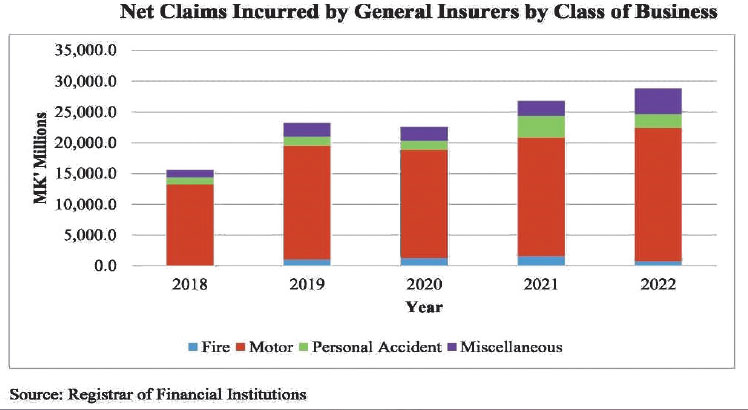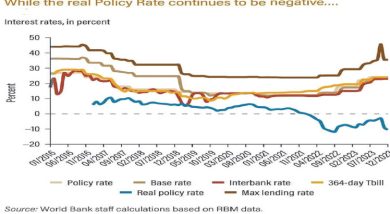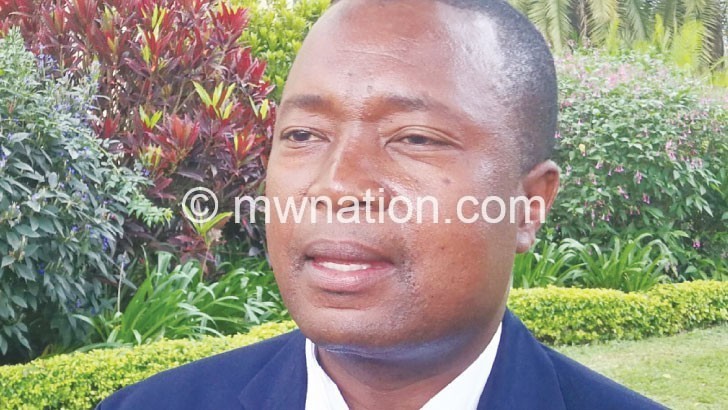Devaluation pushes up Insurance premiums
Insurance premiums are set to rise following the 44 percent devaluation of the local unit to allow firms realise adequate resources to pay for insurance claims, Business News has established.
The devaluation has triggered reciprocal rises in prices of goods and services while the values of insured assets have also been significantly impacted, resulting in a reduction of current sums of insured property by approximately 44 percent
This means that in the event of a claim, the insured is likely to recover less; hence, the need to revise the values of assets to align the premiums with the current market or replacement value.
In a written response yesterday, Insurance Association of Malawi president Abdul Magid Dyton observed that due to the increase in the prices of goods and services, there will be a corresponding increase in the cost of claims, which will affect the financial performance of insurance companies.

He, however, observed that reinsurers, firms that provide financial protection to insurance companies, have significantly lost revenue because contracts are pegged in local currency, but paid in dollars equivalent, a development which could harden the reinsurance market unfavourable as they will not view Malawi favourably.
Said Dyton: “The insuring public may not get the full value of their assets in the event of an insurable loss if they don’t quickly adjust the sums insured as the market value of properties like buildings, stocks, plant and machinery, and even motor vehicles have gone up due to the devaluation.
“Businesses have to find ways of cutting costs and one that would likely be non-essential insurance expenses and this will likely affect the demand for insurance. However, for risk management purposes, customers are strongly advised against cutting insurance as it is a risk transfer mechanism that protects their valuable assets.”
In an interview yesterday, Gift Nyirenda, a Blantyre resident who has insured both his houses and vehicles said raising premiums now would be another cost that could affect his disposable income, but it is worthwhile.
Reserve Bank of Malawi data shows that in 2022, gross premium written grew by 8.4 percent, year-on-year, to K71 billion with motor insurance remaining the biggest class of insurance business contributing 52.4 percent of the gross written premiums compared to 53 percent in 2021.
On the other hand, net premium written stood at K49.7 billion compared to K44.2 billion in 2021 while earned premium income was reported at K48.1 billion compared to K44.2 billion in 2021.
Meanwhile, total claims incurred by the sector were reported at K28.8 billion during the year under review compared to K26.8 billion in 2021.
During the year under review, the sector paid net claims amounting to K23.6 billion against an opening net claims liability of K19.2 billion at the beginning of the year and claims incurredduring the period totaled K28.8 billion.
Consequently, the sector closed the year with claims liability of K24.4 billion.





